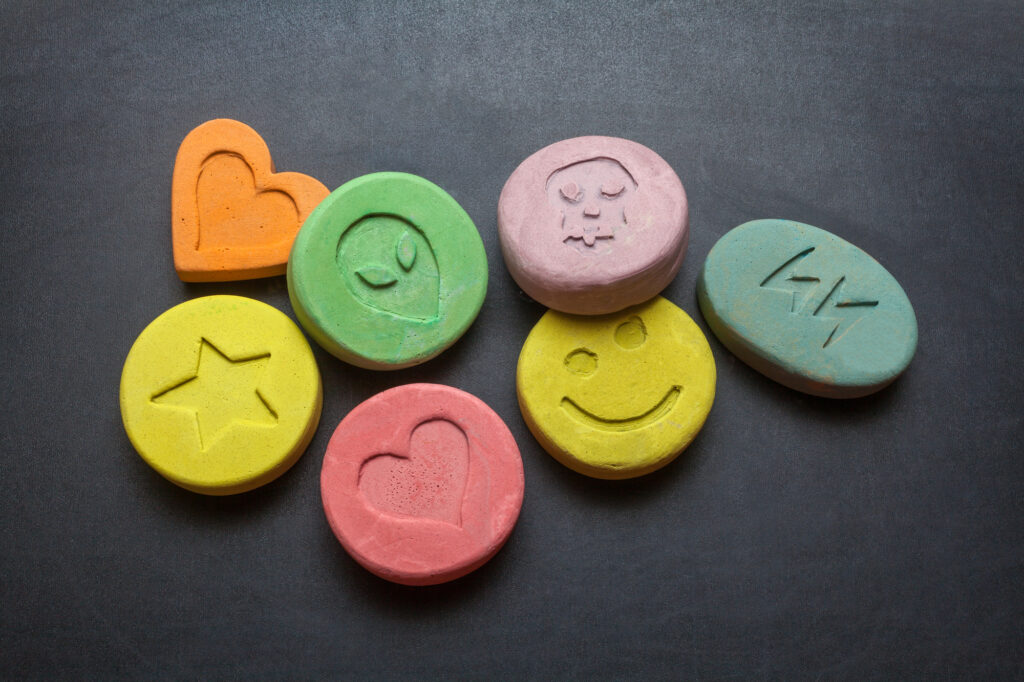Health Minister Manuel Pizarro defended today that "there has to be a lot of prudence" in the process of decriminalizing synthetic drugs so that a "good idea" does not interfere with the distinction between consumption and trafficking.
“I follow with interest and in a positive way the theme of extending this decriminalization to synthetic drugs as well, but I think that there has to be a lot of prudence in the way this is done”, warned the official, in Serpa, in the district of Beja.
Pizarro, who was speaking to journalists on the sidelines of the Open Health initiative, urged that “a good idea should not be taken advantage of” to make synthetic drugs “equivalent to all other addictive substances, with interference in the issue of the amounts that each person can possess and that distinguish consumption from trafficking”.
“It is important not to dwell on the difficulties that police and judicial entities have on the ground in order to be able to do what they must do, which is to distinguish between those who are consumers and who must be helped to enter the health system from those who are drug dealers and who must be repressed. for committing a crime.”
Speaking to journalists, the minister highlighted that Portugal decided, in 2001, to decriminalize drug use, considering that it was “a pioneering measure at world level”.
“That is, distinguishing what must be repressed, harshly repressed, drug trafficking, from what must be treated, namely in the context of health, which is drug addiction and drug addiction”, he added.
The decriminalization of synthetic drugs will be debated in parliament on Tuesday, through legislative initiatives by the PS and PSD, which aim to equate new psychoactive substances with classic drugs, allowing the possession of small amounts for consumption.
In addition to the Minister of Health, the Minister of Internal Administration, José Luis Carneiro, also said in statements to RTP3 that consideration is needed. At issue is the amount of drugs that each person can have in their possession without being considered trafficking.
The two bills propose to update the 1993 decree-law, which approves the legal regime applicable to the trafficking and consumption of narcotic drugs and psychotropic substances, to safeguard situations of inequality between New Psychoactive Substances (NSP) and Drugs in synthetic ones and to distinguish between consumer dealers.
According to the “European Drug Report 2022: Trends and Developments”, almost seven tons of synthetic drugs were seized in 2020, substances that are sold for their psychoactive properties but are not controlled under international drug conventions.
“There is also concern about the growing crossover between the illicit drug and new psychoactive substance markets. (…) These developments mean that consumers may be unknowingly exposed to potent substances that may increase the risk of fatal or non-fatal overdose episodes,” warns the report.
The same report indicated that at the end of 2021, the European Monitoring Center for Drugs and Drug Addiction was monitoring around 880 new psychoactive substances, of which 52 were reported for the first time in Europe in 2021. In 2020, around 370 had been detected on the market previously notified NSPs.
In 2020, EU Member States accounted for 21.230 of the 41.100 NSP seizures reported in the EU, Turkey and Norway, for a total of 5,1 of the 6,9 tonnes seized.


















Comments